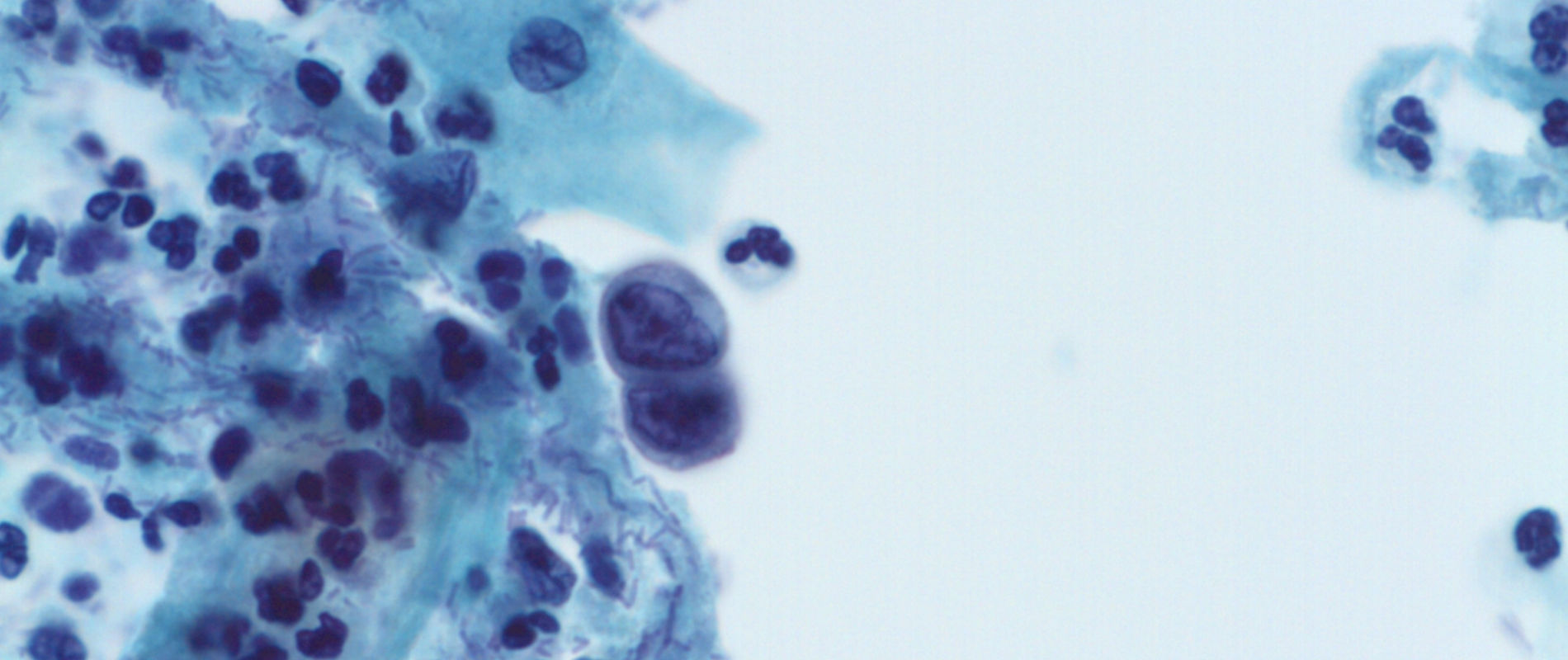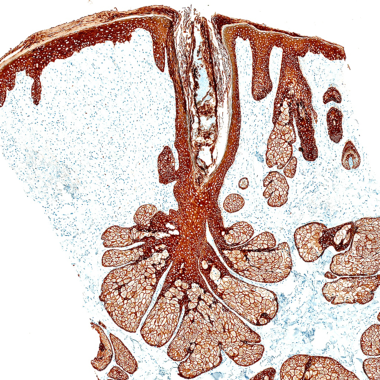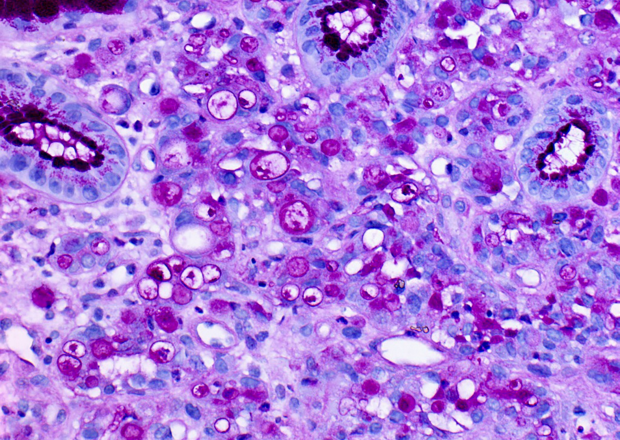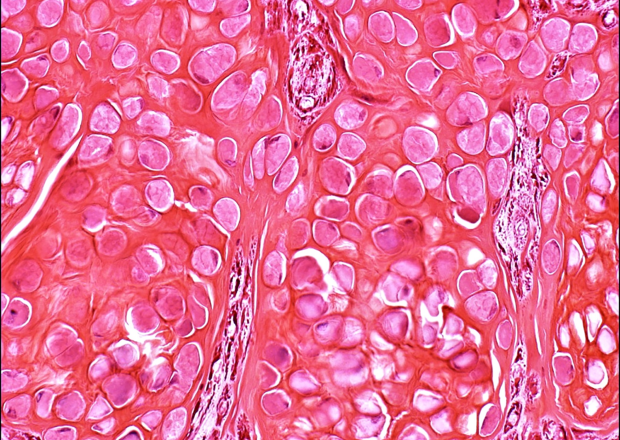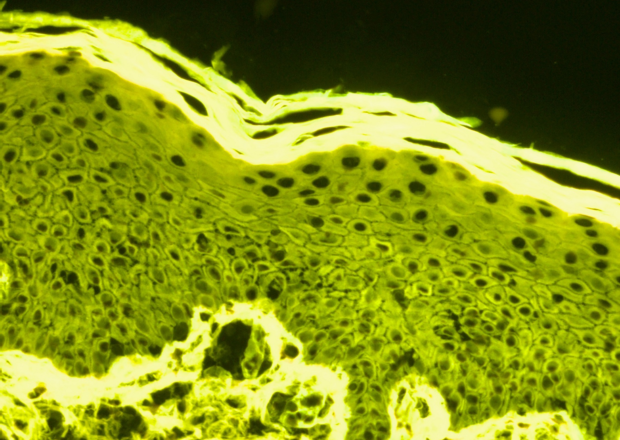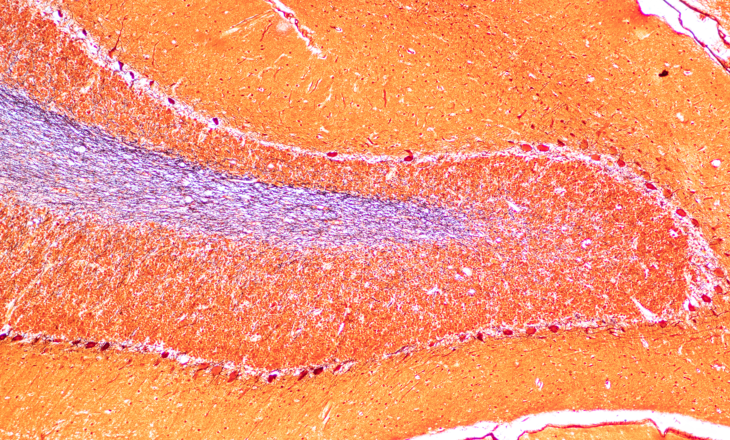Science
Palga plays a major role in making data available to researchers. Every year, we receive nearly 200 new requests from researchers looking for pathology data and tissue samples, as Palga is able to provide unique insights not available anywhere else in the world. Facilitating scientific research contributes to better treatment plans for patients and improves the quality of care.
The Palga Foundation is proud of its impact on the scientific field, both through the studies in which we are directly involved and the publications made possible by our data. The number of publications we facilitate increases every year.
Dr Julie Swillens’ PhD thesis, titled IMPROVING, showed that there is a high degree of variation in diagnostic practice. Palga is committed to reducing this variation by bringing structure to the collection, protection and sharing of pathology data.
We also contributed to a nationwide study on the impact of COVID-19 on the diagnosis and treatment of cancer patients, which analysed the effects of the pandemic on the entire chain of cancer care and resulted in a number of concrete recommendations.
Dr Carmen van Dooijeweert’s PhD thesis is a great example of how a large collection of archived pathology records can be used for research. Van Dooijeweert’s research, which focused on improving the assessment of biomarkers for breast cancer, was largely based on protocolised pathology reports from the national Palga database.
